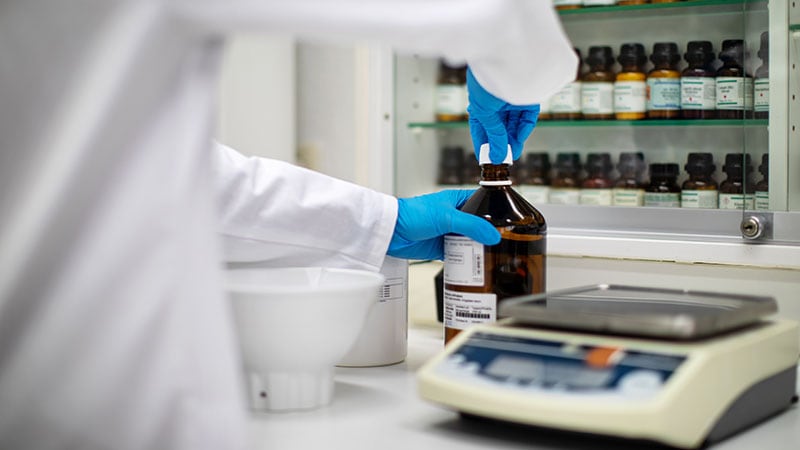TOPLINE:
In a large cohort, long-acting lipoglycopeptides (laLGPs) demonstrated comparable effectiveness to standard-of-care antibiotics for step-down treatment of serious Gram-positive bacterial infections in both individuals who used drugs and those who did not.
METHODOLOGY:
- Standard antibiotic therapy for serious bacterial infections can be challenging due to stigma and logistical barriers associated with prolonged treatment. LaLGPs offer a less frequent dosing alternative due to their extended half-lives, enabling.
- Researchers used a target trial emulation framework to compare the effectiveness of laLGPs (dalbavancin or oritavancin) and standard-of-care antibiotics for Gram-positive infections in adults hospitalized with serious bacterial infection between October 2015 and October 2022.
- The study included 42,067 individuals (median age, 61 years; 58.7% men; 5047 people who use drugs) with serious bacterial infections — endocarditis, bloodstream infection, osteomyelitis, or septic arthritis — who received ≥ 7 days of antibiotic treatment following an emergency department visit or a hospital admission.
- The primary outcome was a composite of readmission, emergency department visits, inpatient death, or discharge to hospice within 90 days post-discharge.
TAKEAWAY:
- Overall, only 2.0% of people were prescribed laLGPs, with dalbavancin being the predominant choice (88.8%).
- Treatment patterns showed that laLGPs were most frequently prescribed for osteomyelitis (55.0%), followed by use for bloodstream infections (24.5%), septic arthritis (19.0%), and endocarditis (7.2%).
- The composite outcome did not differ significantly between laLGP and standard-of-care treatments among both people who used drugs (hazard ratio [HR], 1.01; 95% CI, 0.88-1.13) and those who did not (HR, 0.93; 95% CI, 0.86-1.00).
- In people with osteomyelitis who did not use drugs, laLGP prescription showed a protective association against the composite outcome compared with standard-of-care treatment (HR, 0.85; 95% CI, 0.76-0.96).
IN PRACTICE:
“Our study highlighted utilization patterns and supported the clinical effectiveness of laLGPs in serious bacterial infections among a diverse patient population. While awaiting a randomized clinical trial, large national databases could help clinicians understand laLGPs’ efficacy, especially for off-label use among PWUD [people who use drugs] individuals,” the authors wrote.
SOURCE:
This study was led by David Goodman-Meza, MD, PhD, Kirby Institute, Sydney, Australia. It was published online on May 21, 2025, in JAMA Network Open.
LIMITATIONS:
The classification of people who use drugs relied solely on diagnostic codes, which may not have accurately represented the true population. The absence of culture data and the use of proxies for Gram-positive infections, potentially affected the accuracy of microbiological profiling. Additionally, adherence to antibiotic therapy and completion of standard-of-care therapy could not be directly measured in this analysis.
DISCLOSURES:
This study received internal funding from the UCLA Department of Medicine and grants from the US National Institute on Drug Abuse, the US National Institute on Mental Health, and others. Two authors reported having financial ties with several pharmaceutical companies, including AbbVie Inc., Gilead Sciences Inc., Janssen, and Global Services LLC.
This article was created using several editorial tools, including AI, as part of the process. Human editors reviewed this content before publication.
Source link : https://www.medscape.com/viewarticle/long-acting-antibiotics-match-standard-care-antibiotics-2025a1000hm3?src=rss
Author :
Publish date : 2025-07-02 12:11:00
Copyright for syndicated content belongs to the linked Source.
